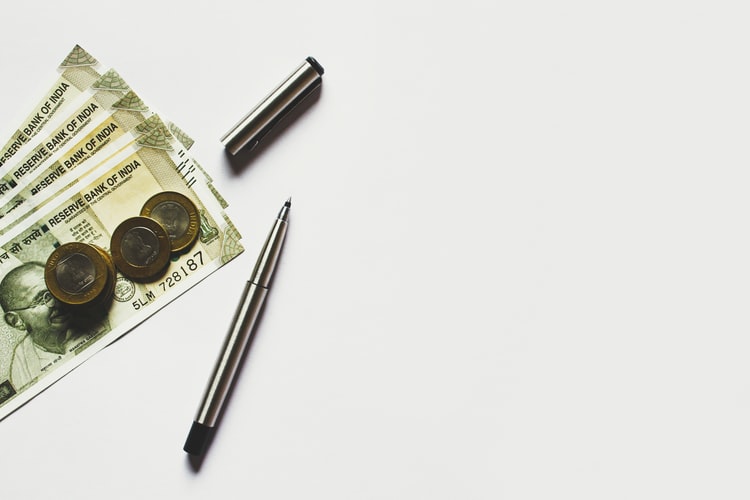Student loans can be helpful. You take out a loan to enroll in higher education, which can land you in better job opportunities, increasing your income. But of course, it can be a bit tough to save while you repay your student loans.
Regardless, there are ways to save yourself from student loans, especially if you can manage the interest loans and pay more than the minimum. Here are effective ways to save yourself from student loans and pursue your dream job.
1. Pay Off Your Student Debt Faster
The easiest way to get rid of your student loans is to pay faster. If you can, send massive payments to your loan servicer every month and do so ahead of schedule.
Another method is to make half payments every two weeks instead of the full monthly payment. When that happens, you send the equivalent of an additional payment every year.
Of course, you may not have the discretionary income to make the extra payments. However, you can get a side job and earn extra income on the side to increase your income. You have the power to do so.
Here’s a little bit of motivation: consider how increasing your monthly or weekly payments can help you become debt-free faster. You can even save interest costs on top of that. You can use a student loan repayment calculator to show you how the smallest payments affect your student loans.
2. Find Out The Type Of Student Loans You Have
It’s essential to know the type of student loans you have and develop a repayment plan that helps you. If you have federal student loans, visit the National Student Loan Data System. You can check your student loans there.
There are four broad categories of student loans: graduated, standard, extended, or income-driven repayment. Let’s go through them.
Standard plan:
Your loan servicer will divide the total amount of money you owe with the standard plan and spread it over ten years. If you pay the same amount for the next ten years, you’ll finish paying your student loans.
Graduated plan:
Just like the standard plan, this plan lasts for ten years. However, you start your monthly payments by paying less. Your payment for each month increases every two years. This option is ideal for borrowers who are sure that their income will increase in the future.
Extended plan:
With this plan, you pay a lower amount over a long period.
Income-driven repayment (IDR) plan:
The IDR plan lets you pay off your student loans for the next 20 or 25 years, depending on your chosen plan. But the payments will always be what you can manage every month. After 20 or 25 years, any amount you haven’t paid yet will be forgiven. If you choose this plan, you’ll have to certify your income annually.
There are limited private student loan forgiveness options available for student loans. You’ll have to call your loan servicer to find out any available options for you.
3. Make Extra Payments, But Do It The Right Way
There’s no penalty whatsoever when you pay more than the minimum or pay your student loans early. However, the prepayment comes with a caveat: loan lenders may apply the additional amount to the next month’s payment.
When the student loan servicers do that, it pushes your due date forward, but it won’t help pay off your student loans faster. What you need to do is to instruct your lender, either through the mail, phone, or online, to apply any extra payments to your current balance. In addition, remind them to keep next month’s due date the same.
You can make additional payments any time in the month. Another way is to make a lump-sum loan payment on the due date. Whichever you choose, you can save lots of money.
4. Refinance If You Have Good Credit And A Good Job
Refinancing your student loans can help you get rid of your loan debts faster, and you don’t have to make additional payments. When you refinance, it replaces several student loans with one private loan, usually at a lower interest rate.
If you want to make faster repayments, choose a new loan term that’s less compared to what you have left in your current student loans. Going in for a shorter loan term may increase your payments each month.
However, it’ll help you clear off your student loans faster and save money on interest.
Final Thoughts
The strategies explained above can help you pay back your student loans and save money. But not all the repayment methods can help you do that.
Some repayments are designed to help you manage your debts, such as income-based repayment plans. These plans can help you clear off your debt on time and in full. Now, even though it can help you today, you’ll end up paying more money in interest charges over your loan life.
It is worth mentioning, some educational institutes like Navient were forced to close due to fraudulent activities. These institutions are to compensate students who are affected. Check to see if you apply to these compensations
If you don’t have a clear solution, you may need to talk to a student loan expert.
Read Also:
- Understanding the Steps in Debt Collection
- How to Reduce the Cost of College Textbooks
- How To Impress A Recruiter If You Are Still A Student


























